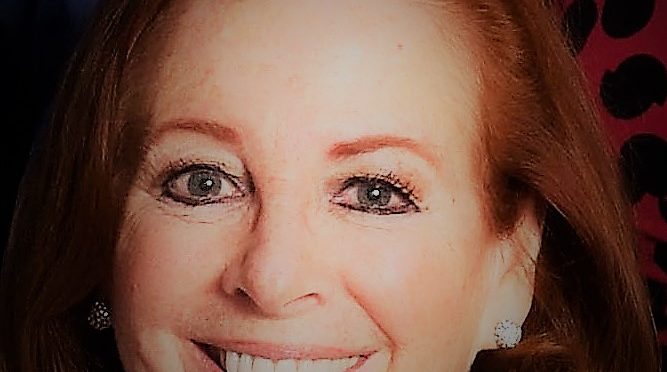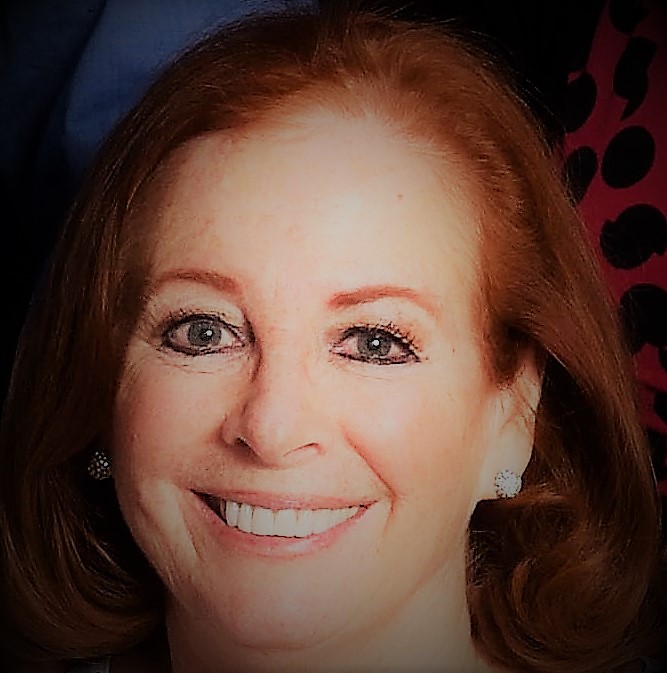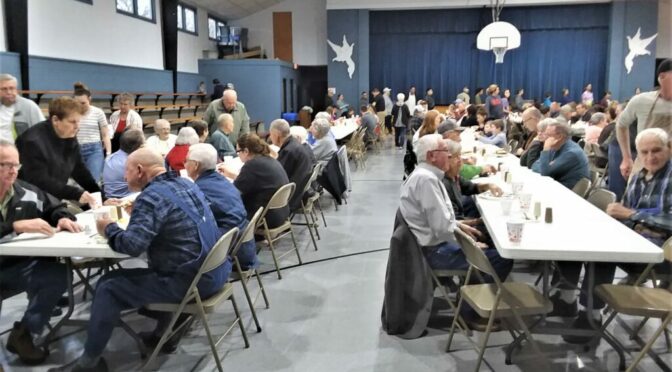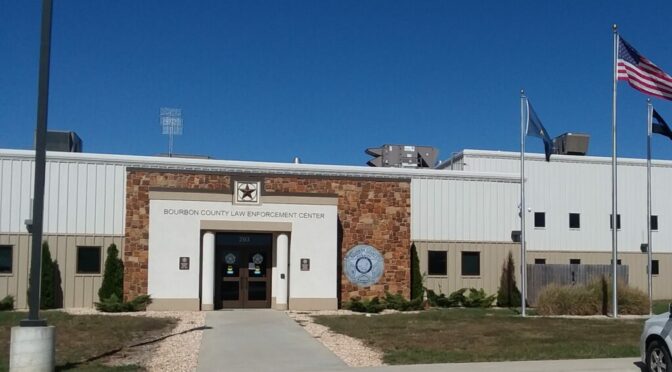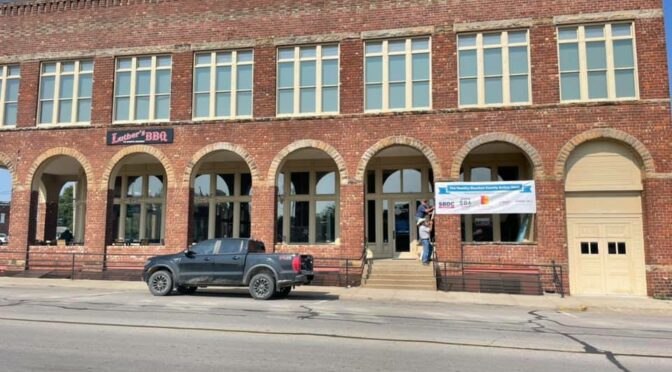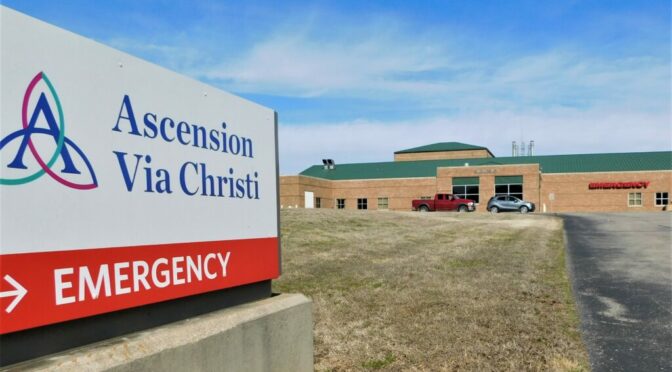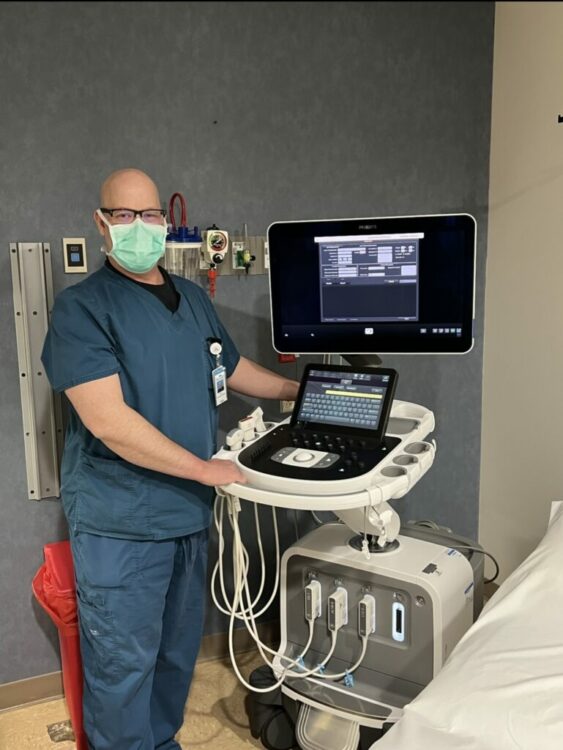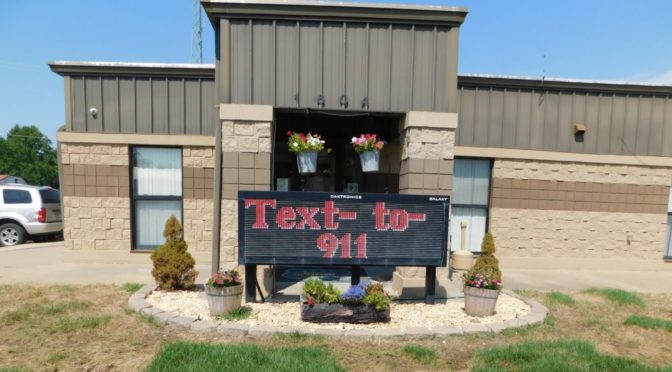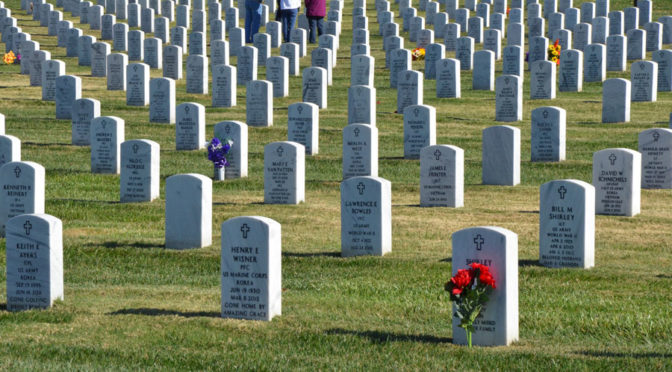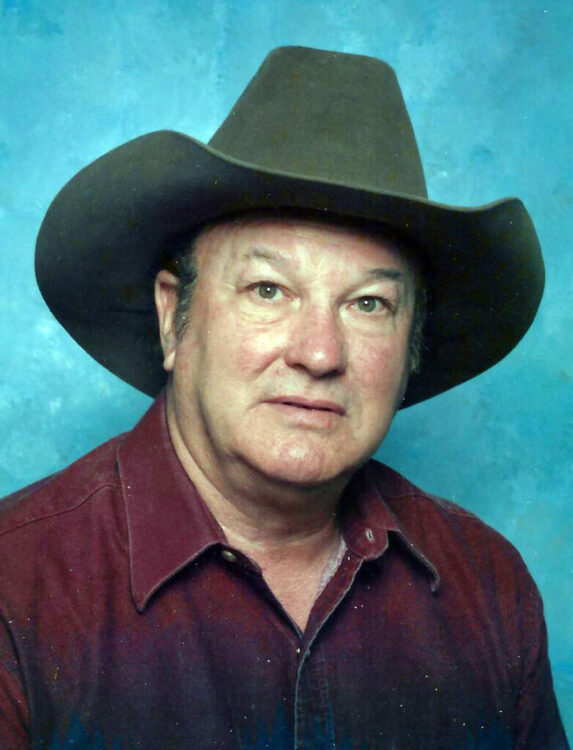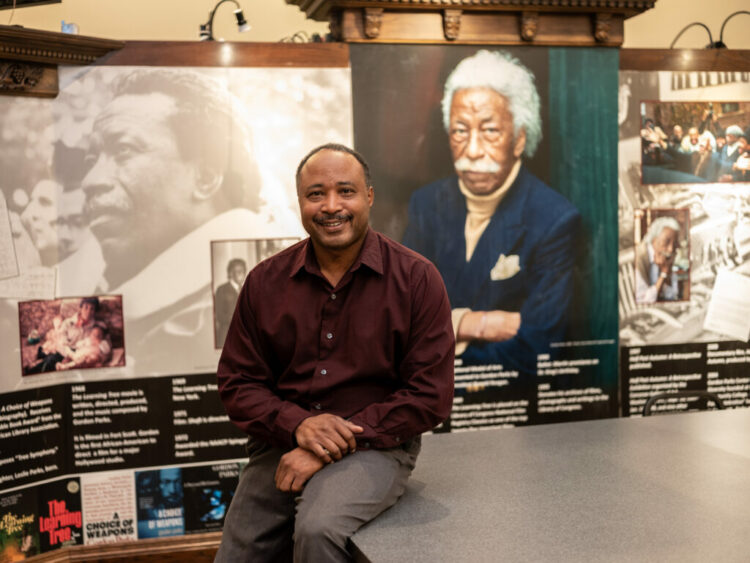
The Gordon Parks Museum has become a part of a National Humanities Alliance Foundation’s initiative, Fort Scott’s Gordon Parks Museum Director Kirk Sharp told the Chamber members attending last week’s coffee.
The National Humanities Alliance (NHA) is a nationwide coalition of organizations advocating for the humanities on campuses, in communities, and in Washington D.C., which was founded in 1981.
“We received word on January 10th that The Learning Tree Film Scene and Sign Trail is being considered to be selected and would make a compelling profile on the NEH for All (NHA’s initiative) website,” Sharp said in an interview with fortscott.biz. “Further discussion soon followed.”
To learn more about The National Humanities Alliance Foundation’s initiative, NEH for All, view the profile website https://nehforall.org/projects/gordon-parks-fort-scott.
“This means everything to the museum, as this is an excellent opportunity to help further our outreach of this project nationwide and to keep the legacy of The Learning Tree film and Gordon Parks alive,” Sharp said. “This will also help tremendously to bring more visitors from across the nation, to not only to visit the trail and the Gordon Parks Museum but to spend time in Fort Scott and possibly visit other great attractions within our community.”
“The Learning Tree Film Scene and Sign Trail project is just one of six profiles selected in the state of Kansas and is one of the 260 profiles thus far, selected nationwide, that the (organization) spotlights as exemplary projects,” he said. “We are very honored, thankful, and thrilled that the National Humanities Alliance Foundation selected our Learning Tree Film Scene and Sign Trail as one of the spotlight projects across the nation.”
“With funding from Humanities Kansas, the state partner of the National Endowment for the Humanities, the Gordon Parks Museum set out in 2019 to create The Learning Tree Film Scene and Sign Trail. Based on Gordon Parks’ semi-autobiographical novel about growing up in Fort Scott, The Learning Tree was also the first major motion picture directed by an African American. This historic sign trail celebrates Parks and commemorates the filming of The Learning Tree in the city,” according to the website.

